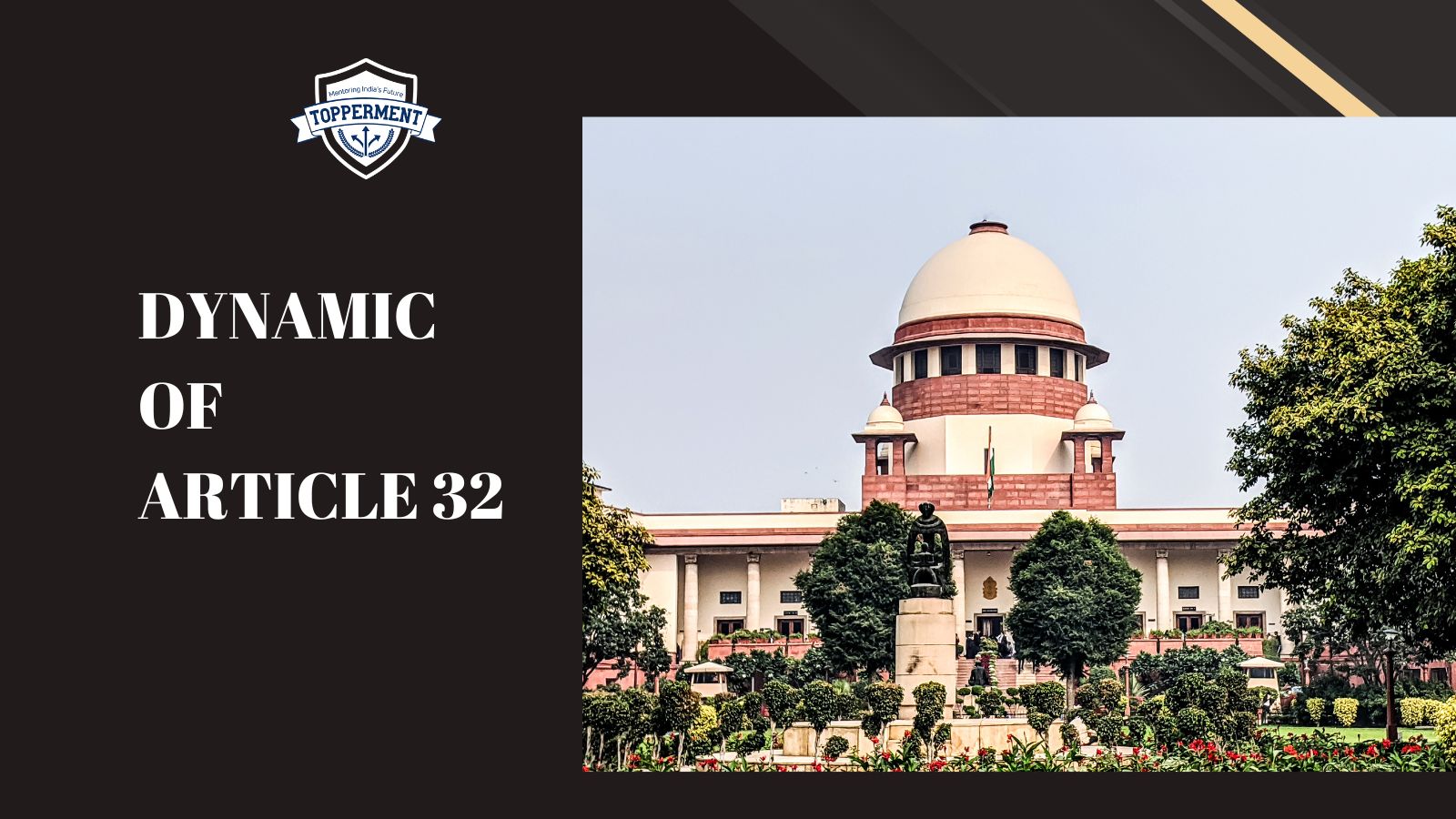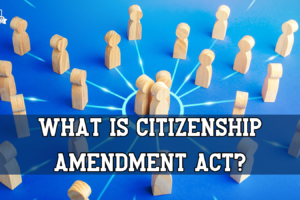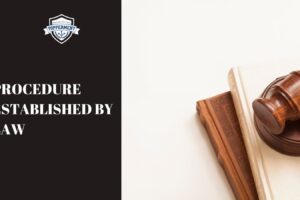
Article 32: How the Supreme Court Has Used It to Shape Indian Society? | UPSC Polity
Article 32 is one of the most crucial provisions of the Indian Constitution that guarantees the right to Constitutional remedies to all citizens of India. The Article ensures that individuals can move to the Supreme Court for the enforcement of their fundamental rights in case of any violation.
Dynamic Nature of Article 32:
Wide Scope of Article 32:
Article 32 has a wide scope and provides individuals with a right to move to the Supreme Court for the enforcement of any of their fundamental rights guaranteed under Part III of the Constitution.
Expansive interpretation of Fundamental Rights:
The Supreme Court has given an expansive interpretation of the fundamental rights enshrined under Part III of the Constitution. It has widened the scope of these rights and has interpreted them in a manner that ensures that individuals can seek relief for any violation of their fundamental rights.
Evolution of the Right to Constitutional Remedies:
The Supreme Court has played a significant role in the evolution of the right to constitutional remedies. It has expanded the scope of the right by holding that it includes not only the right to move the Supreme Court but also the right to fair trial, the right to speedy justice, and the right to compensation.
Limited Exceptions to Article 32:
Although Article 32 is a fundamental right, it is not absolute, and there are some limited exceptions to it. The Supreme Court has held that the writ jurisdiction cannot be invoked if there is an alternative remedy available to an individual. Moreover, the writ jurisdiction cannot be used to challenge a legislative action or executive policy unless it violates a fundamental right.
Role of Public Interest Litigation (PIL):
The introduction of public interest litigation (PIL) has further expanded the scope of Article 32. PILs allow individuals or NGOs to file a petition in the court on behalf of a group of people who are unable to approach the court due to social, economic, or other disabilities.
Also Read
- What is the Doctrine of Harmonious Construction? | UPSC Polity
- What is the Doctrine of Eclipse? A Simple Explanation | UPSC Polity
Follow Us For More Content On:
https://www.instagram.com/topperment/



